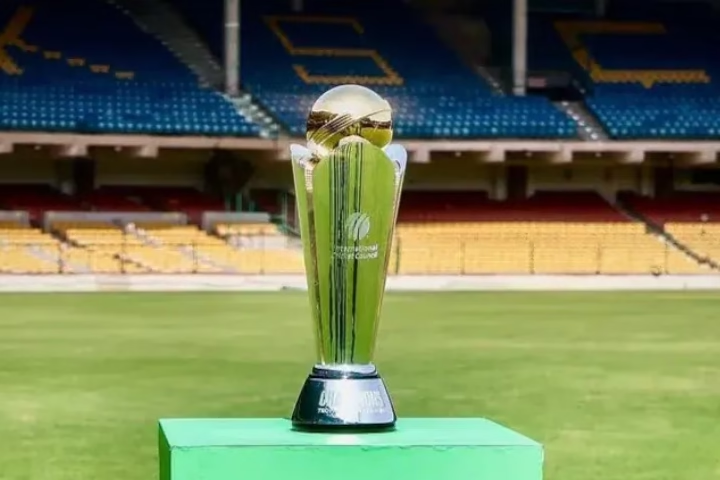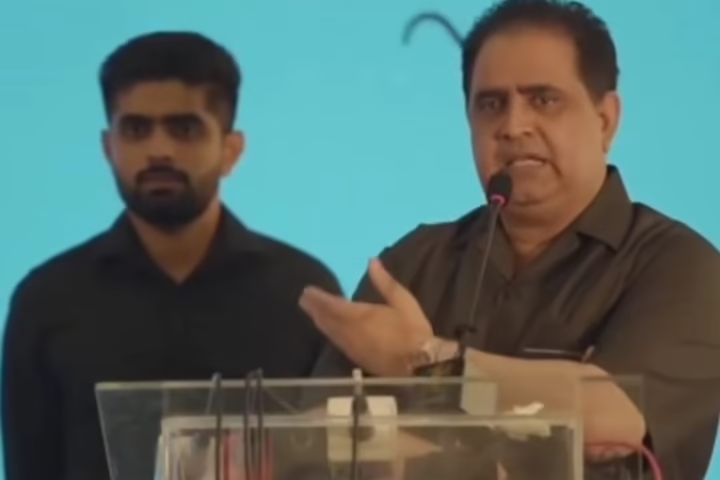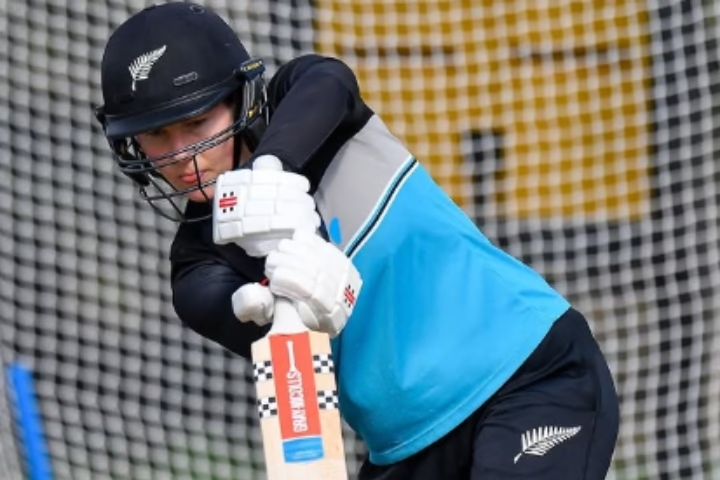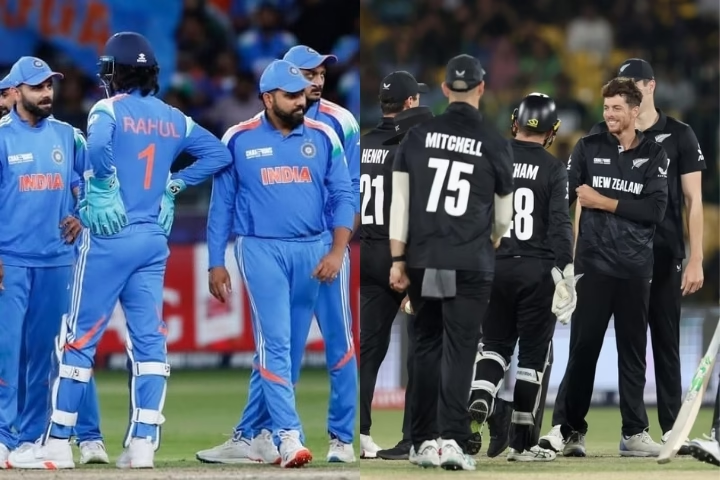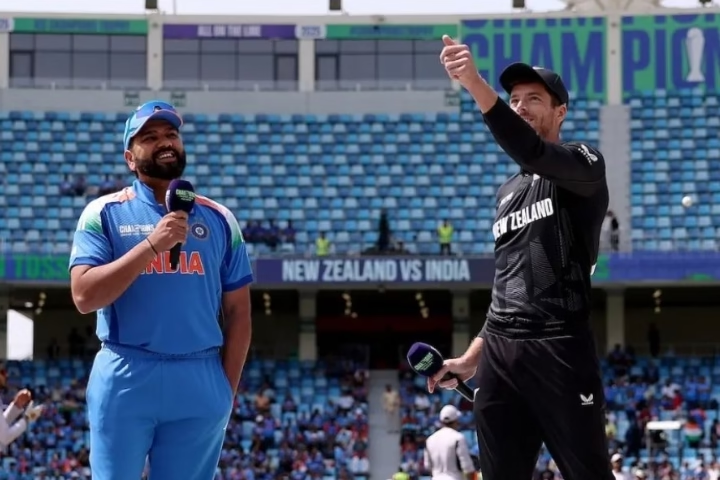Pakistan’s Sharjeel Khan banned for 5 years
By Cricadium Staff August 31, 2017
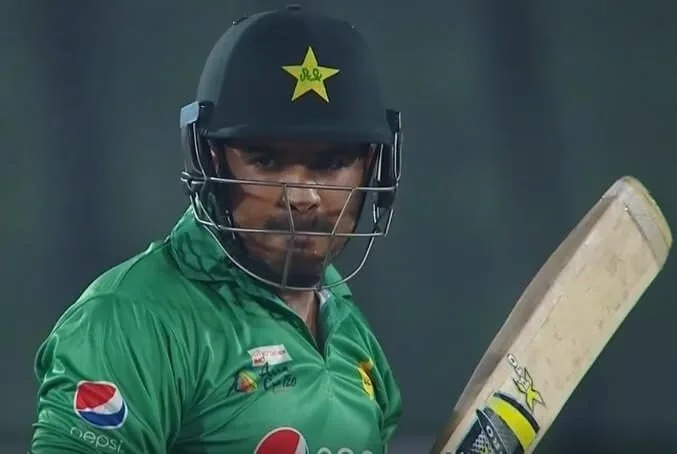
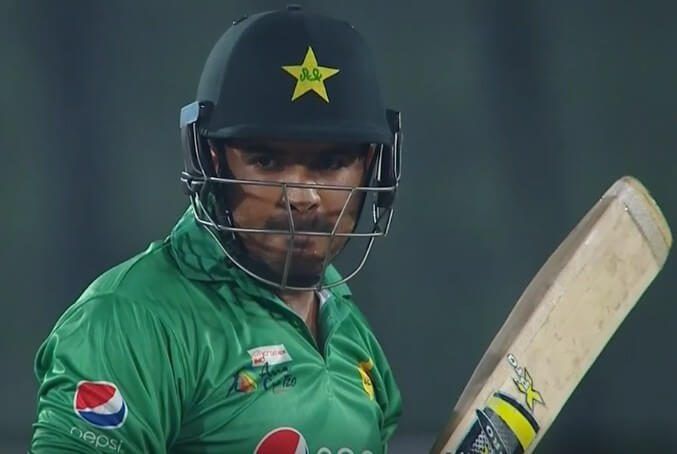
Pakistani cricketer Sharjeel Khan has been banned for 5 years by the three-member Anti-Corruption Tribunal, formed by the Pakistan Cricket Board (PCB) to probe into the spot-fixing scandal in the Pakistan Super League (PSL). He was alleged for spot-fixing in the opening match between Islamabad United and Peshawar Zalmi in February this year.
The left-handed batsman and his lawyer Shaigan Ejaz appeared in all the hearings and had accepted the authority of the tribunal. They had stated that they had full faith in the tribunal and would co-operate. In the total sentence of 5 years, he won’t be able to play cricket for two and a half years and can play the rest provided prerequisites.
As per to Duniya News, Sharjeel Khan was suspended on following alleged breaches of PCB’s Anti-Corruption Code:
2.1.1 Fixing or contriving in any way or otherwise influencing improperly or being a party to any agreement or effort to fix or contrive in any way or otherwise influence improperly the result, progress, conduct or any other aspect of any domestic match, including (without limitation) by deliberately underperforming therein.
2.1.2. Ensuring for betting or other corrupt purposes the occurrence of a particular incident in a domestic match.
2.1.3. Seeking, accepting, offering or agreeing to accept any bribe or other reward to (a) fix or to contrive in any way or otherwise to influence improperly the result, progress, conduct or any other aspect of any domestic match or (b) ensure for betting or other corrupt purposes the occurrence of a particular incident in a domestic match.
2.4.4 Failing to disclose to the PCB Vigilance and Security Department (without unnecessary delay) full details of any approaches or invitations received by the participant to engage in corrupt conduct under this anti-corruption code.
2.4.5 Failing or refusing to disclose to the PCB Vigilance and Security Department (without unnecessary delay) full details of any incident, fact, or matter that comes to the attention of a participant that may evidence corrupt conduct under this anti-corruption code by another participant, including (without limitation) approaches or invitations that have been received by another participant to engage in conduct that would amount to a breach of this anti-corruption code.
You might also like
Recommended to you
